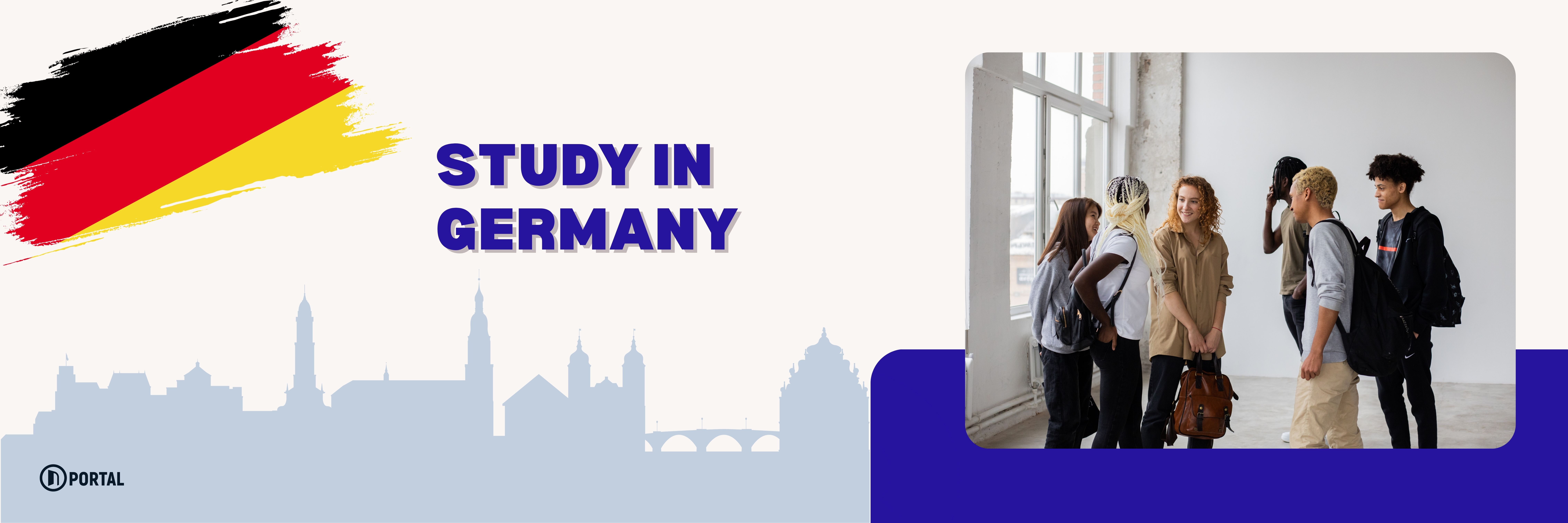
The Germany Student Visa (Type D) allows non-EU/EEA citizens to study in Germany for more than 90 days. It grants entry and enables you to apply for a residence permit upon arrival, which lets you live and study for the duration of your program.
If you are from a visa-exempt country like Australia, the U.S., or Canada, you may enter without a visa but still must apply for a residence permit after arrival.
Admission or conditional acceptance letter from a German university
Completed visa application form, signed.
Valid passport, valid through your stay and with blank pages.
Two biometric-style photos.
Proof of financial means—shown via a blocked account (Sperrkonto) with €11,208–€11,904/year (~€934–€992/month). Alternatives include a scholarship, sponsor’s declaration, or parental income proof.
Health insurance: Proof of valid coverage (international or German student insurance).
Proof of academic qualifications (transcripts, diplomas), and language proficiency as needed—typically B2 level in German or equivalent in English for your program.
Visa application fee: €75 for adults, reduced fee for minors
Study and live in Germany legally for the duration of your course.
Part-time work rights: You can work up to 120 full days (or 240 half-days) per year without special permits.
Post-graduation work permit: You may stay for up to 18 months to seek employment relevant to your degree, with a pathway to skilled worker visas and eventually permanent residency.
Access to affordable student health insurance, well-integrated healthcare, and living in a cost-effective environment.
A student from Tunisia receives admission to a master’s program in Germany starting in October. They open a blocked account with €11,904, purchase health insurance, gather their admission letter and academic transcripts, and complete the online visa application via the new digital Consular Services Portal. After paying the €75 fee and attending an appointment, they receive their visa in a few weeks. Once in Germany, they register their address, apply for a residence permit, and start working part-time while studying.
You must demonstrate at least €11,200–€11,900 per year in a blocked account (about €934–€992/month). This amount ensures you can support yourself through living costs like rent, food, and travel. Other acceptable proofs include scholarship documentation or a formal sponsorship guarantee.
Required documents include your visa form, a valid passport, photos, admission letter, proof of funds, health insurance, academic certificates, and language proficiency documentation. If needed, include a statement of purpose or motivation.
The fee is typically €75 for adults (about half for minors). Some scholarship holders may be exempt. Processing generally takes 6–12 weeks, especially for long-term student visas—so apply up to three months before your program starts to avoid delays.
Yes—up to 120 full days or 240 half-days per year without additional permits. If you wish to work more, you must seek approval from the Foreigners’ Authority and Employment Office.
First, register your address (Meldebescheinigung) within two weeks. Then, apply for your residence permit at the local Ausländerbehörde (foreigners’ office); the permit usually lasts 1–2 years and is renewable.
As of July 1, 2025, Germany has abolished the informal appeal (“remonstration”) process, so applicants must use formal legal channels if rejected.